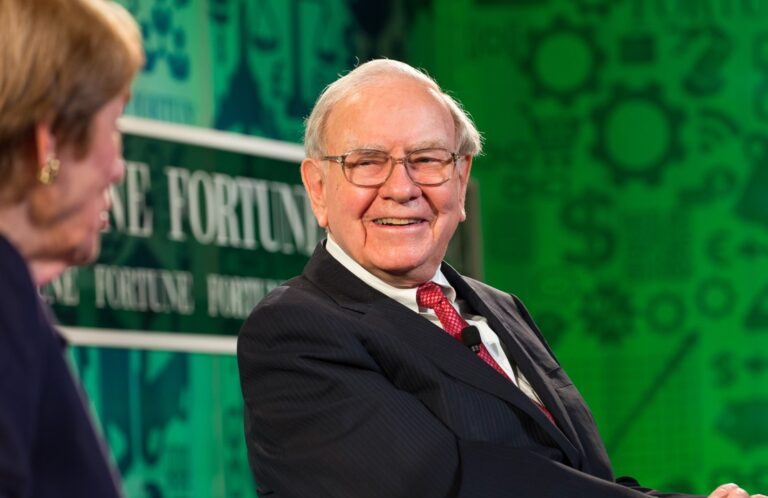For years now, the famous investor Warren Buffett has been sharing his profound opinions on the current state of the economy, as well as on the distribution of wealth and the mechanisms through which a more equitable economic system could be achieved.
Table of Contents
Salary increases: the proposal of Warren Buffet
Back in a 2016 interview with CNN, Buffett presented his proposals for ensuring a living wage, an idea that has become even more relevant today.
Buffett underlined the presence of a profound disparity within the American economy, underlining how “we are in an economy where specialized talent earns incredible sums, while those who do not adapt well to the market system are left behind”.
This statement highlights the widening gap between highly skilled people and those struggling to find their place within the economy.
Perhaps a more inclusive form of capitalism would be necessary? On this front, Buffett indicated the importance of the Employee Income Tax Credit (EITC), an essential tool for economic adjustment. This is a government job bonus plan to supplement the wages of low-income workers and help offset the effect of taxes on Social Security.
The importance of the EITC tool
The investor supports expanding the EITC, suggesting that while no measure alone can solve all problems, targeted adjustments could help alleviate economic disparities.
Buffett’s position highlights his preference for state intervention over an increase in wages by companies, arguing that interference in the market system through forced increases in wages could lead to a decrease in employment.
The famous investor’s insights into the minimum wage debate are particularly relevant. He argued against the need for a higher minimum wage, instead proposing a minimum income achieved through a combination of wages offered by employers and government bonuses, such as the EITC in the case of the United States.
“We need to make sure that, in a super-rich country, anyone willing to work 40 hours a week has a decent life,” Buffett said, warning against setting unrealistic wage levels that could exclude millions of people from the force Work.
Read also: Warren Buffett’s investment advice: his golden rules for earning money
Buffet’s proposal: a critic against capitalism?
Such a view suggests that, although businesses play a critical role in the economy, government intervention could be a more effective and less invasive tool for ensuring that workers achieve a decent standard of living without compromising employment levels.
The focus of Buffett’s argument is not against capitalism or the market system, rather it is about the distribution of the benefits of economic growth.
He recognizes the efficiency of the market system in generating wealth, but urges the implementation of some changes to ensure a more equitable distribution. This vision does not imply a fundamental revolution of capitalism, but rather targeted reforms to address some specific inequalities.
Buffett’s perspective on economic reform, focusing on government interventions rather than a mandatory minimum wage, offers a multifaceted approach to addressing the long-standing problem of income inequality.
The investor highlights the importance of balancing market dynamics with social policies to ensure that economic growth can benefit a larger portion of our society.
In conclusion, Buffett’s perspective offers a critical and thoughtful analysis of the distribution of benefits by suggesting that, although businesses are important in promoting economic growth, targeted government intervention may be a more effective way to ensure an equitable distribution of wealth and improve the quality of life of workers without damaging employment.












